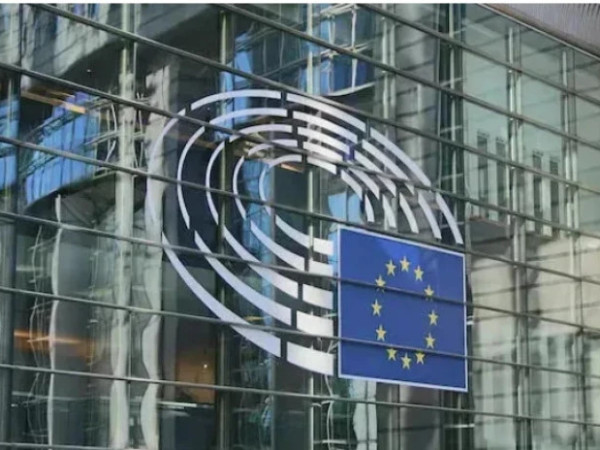Russia will deliberately slow YouTube loading speeds by up to 70% by the end of next week, in response to Google's refusal to comply with the demands of the Russian authorities, Russian lawmaker Alexander Khinshtein said on July 25.
Khinshtein, the head of the State Duma's Information Policy Committee, claimed that the move is "not aimed against Russian users, but against the administration of a foreign resource that still believes that it can violate and ignore our legislation with impunity."
Russia's crackdown on freedom of speech, particularly regarding information that contradicts its narratives about the full-scale war, has intensified since 2022.
In April, a Moscow court rejected an appeal from Google's parent company, Alphabet, to remove an almost $50 million fine imposed on the company for its failure to delete information that Russia deems to be discrediting its armed forces and promoting extremist content.
YouTube users in Russia could see loading speeds on desktop computers dropping to 40% already by the end of this week, Khinshtein warned.
"This measure will only affect desktop versions. It will not affect mobile communications for now," Khinshtein said.
Khinshtein said that the summer period was chosen as the time to "bring YouTube to its senses," as most users are on vacation and will be using mobile devices to access videos rather than their desktops.
Khinshtein claimed that the measure is designed to show YouTube that Russia "has moved from persuasion to concrete steps," and the move is the consequence of YouTube's "anti-Russian policy."
Russian independent news outlet Meduza said that Russian officials had warned on July 12 of possible slowdowns in YouTube loading due to Google's "technical problems." A source reportedly told Meduza that Russia's federal censorship agency was already deliberately slowing the website's speed.
The same day, Russian pro-state outlet Gazeta.ru reported that the Russian government plans to block YouTube entirely in September.
Kremlin spokesperson Dmitry Peskov denied the supposed plans to restrict the website, saying that according to "official statements from relevant companies," the equipment in question has "not been updated for over two years."

























